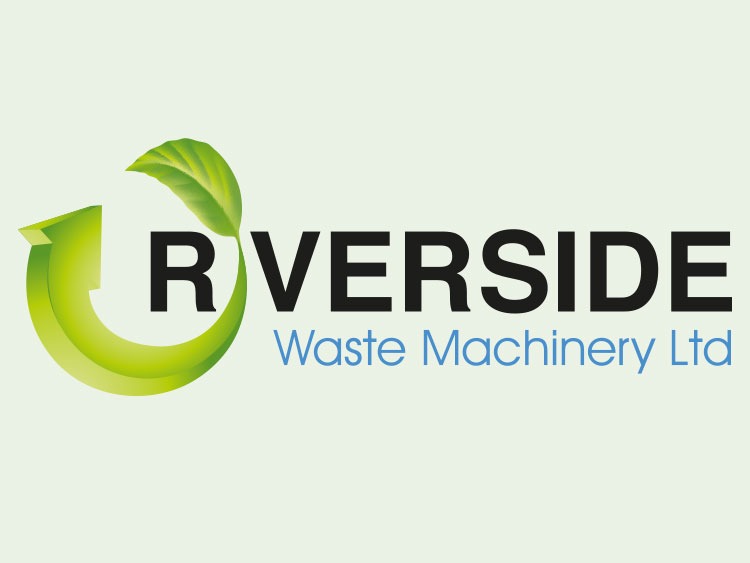Energy from Waste (EfW) has been acknowledged as a valid contributor to the UK’s energy agenda, a recent article in MRW suggested. Riverside Waste Machinery’s managing director Chris Oldfield now waits with baited breath, to see if the coalition Government further embraces the potential that EfW technologies have to offer in this country…
“As a company we’ve been talking about terminology such as EfW, Refuse Derived Fuel and landfill diversion for some time now. Because it’s something we feel incredibly passionate about we’ve worked hard to pass our knowledge on to clients and peers alike, in an attempt to banish the misconceptions that continue to surround this element of the waste management revolution.
At the 2010 RWM exhibition I delivered a seminar entitled ‘A Commitment to Alternative Fuel Production…A Commitment to EU Landfill Diversion’ and a key theme was raising education and awareness surrounding EfW. Despite the vast opportunities associated with Energy from Waste –including compliance with landfill targets, cost-effectiveness and fossil fuel substitution – doubts still exist regarding its role in the UK’s energy infrastructure.
At the launch meeting for Energy from Waste UK, MP Alan Whitehead reportedly commented that “the tide is beginning to turn” which is certainly encouraging, but still work needs to be done to further improve opinions amongst general members of the public.
In North Yorkshire for example – a stone’s throw from Riverside Waste Machinery’s headquarters – great disapproval continues to surround plans to develop an EfW facility that could supply electricity to 40,000 homes.
Many people strongly object to the incineration of waste, perhaps because they fear the effects on the environment or public health. However modern technology that processes a clean and safe energy source should not be confused with the municipal waste incineration pollution of the 1970s.
Elsewhere other individuals argue that greater efforts should be made to recycle in the first place, because then incineration wouldn’t be necessary. Indeed this is an incredibly valid point and when considering environment minister Lord Henley’s recent comment – that as a country we are now recycling more than ever before – it shows we’re taking steps in the right direction. But having noticed the number of black bags that lined the streets over Christmas, it is clear that there is still work to be done.”






